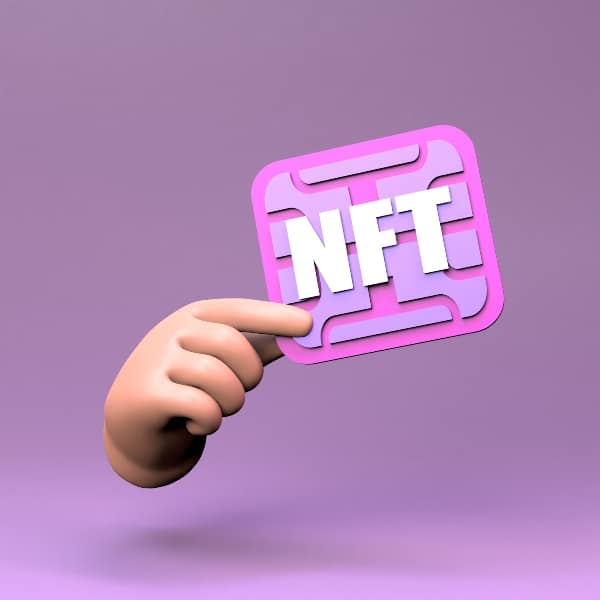For years now, European institutions have been working on regulating digital platforms through a regulatory approach aimed at raising the level of consumer protection.
Among the areas that have been affected by this strategy is certainly that of the sale of digital products, recently affected by a specific directive, which in Italy was implemented in November 2021. The novelties introduced by the directive concern in particular contracts for the supply of digital content or digital services concluded between consumers and professionals.
Summary
Are NFTs subject to the law on the sale of digital content?

NFTs have been one of the products most discussed by the public during 2021. To date, the market is familiar with different types of NFTs: some represent real or digital goods, such as photographs or artistic works, while others confer rights or claims on the holder that can be exercised against the issuer (so-called experience).
The question that arises, in the light of the regulatory changes mentioned, is whether the sale of NFTs is subject to the novelties introduced by the Digital Content Directive. The question is of particular relevance both for the seller (if it is a professional) and for the eventual platform that allows the creation, storage and sale of NFT by users.
What obligations does the Digital Content Directive impose on the sale of NFT?
The application of the new legislation on digital content implies the need to comply with important obligations of transparency and conformity of the good. The digital content must be described in a precise manner, with clear indication of its qualities (e.g. in terms of related rights) and of the quantity of the goods in circulation (e.g. in the case of NFT, an indication should be given as to the existence of multiple copies of the same NFT).
Generally speaking, the application of the Directive to NFTs entails the obligation to ensure that NFTs sold to the public comply with the functionalities that are described on the webpage where they are purchased. The new rules therefore significantly affect marketing activities carried out in connection with the promotion and sale of NFTs, including through the so-called community – which is particularly important in the context of crypto-related projects.
Among other things, the directive requires digital content to respect those characteristics that users may reasonably expect from products of the same kind. In the case of NFTs, an example would be the technological elements that characterize blockchain and NFTs in particular (such as product uniqueness or notarization of ownership).
Consumers’ rights when purchasing NFTs
Failure to comply with the provisions of the Consumer Code entitles consumers to have the conformity of the goods restored, to receive a price reduction or even to terminate the contract by receiving a simultaneous refund of the amount paid.
Of particular relevance is the recognition of consumer rights also in cases where there are restrictions arising from third-party rights on the NFT sold, especially intellectual property rights. Imagine the case of the sale of the NFT of a third party or relating to an artistic work of a third party.
Finally, particular attention must be paid by purchasers of NFTs to the possible application of the “cooling-off rule”, according to which the user may withdraw from the purchase contract within 14 days, unless certain exceptions provided for in the relevant legislation apply.
Perspectives and implications of the new regulatory framework
The new rules introduced by the Digital Content Directive contribute to raising the level of consumer protection.
The possible application of these rules to the sale of NFTs – to be assessed on a case-by-case basis in view of the characteristics of the NFTs offered – may, however, have significant impacts on the sales and marketing processes, as well as on the configuration of the characteristics of the platforms dedicated to their sale. It is therefore important to carefully assess the legal obligations and risks associated with the offer of NFTs in order to avoid incurring liabilities to consumer purchasers.



